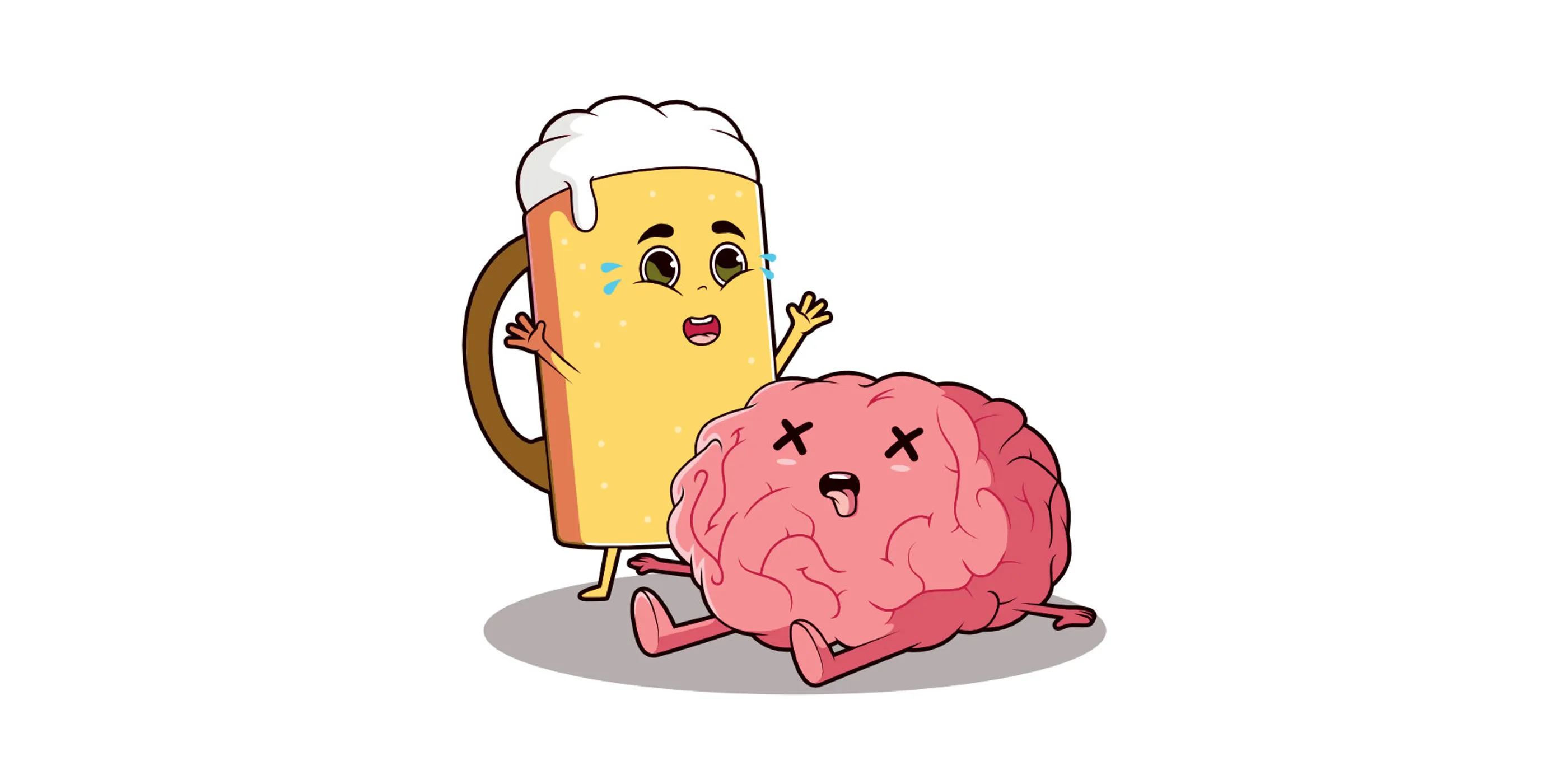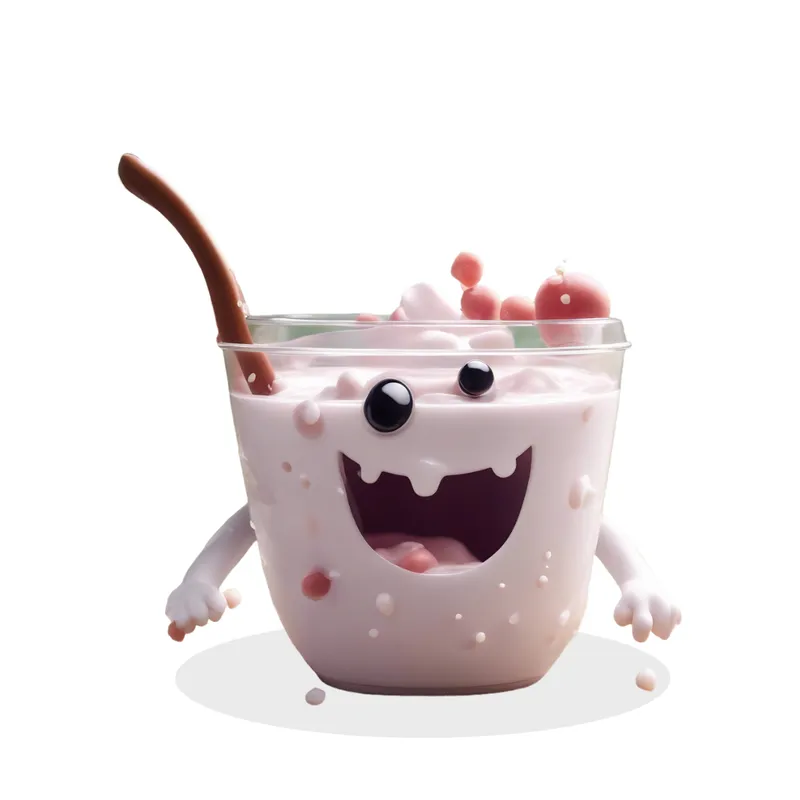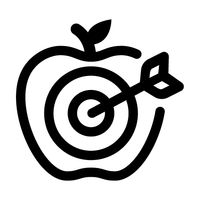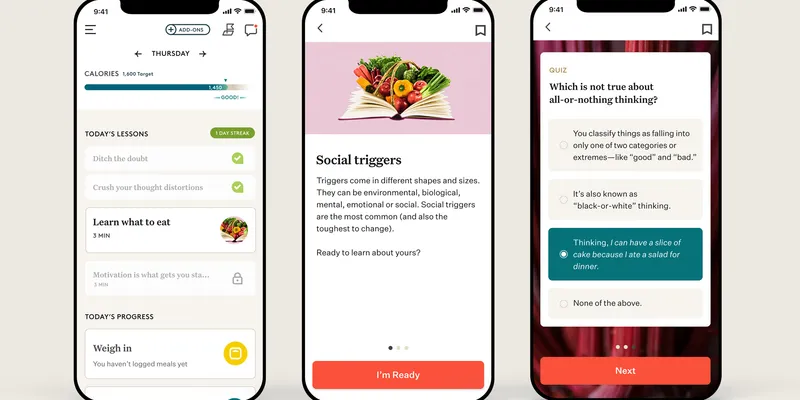Alcohol consumption is a prevalent part of many cultures and societies around the world. We often hear about how alcohol can damage our bodies in the long term; however, the effects of alcohol on our mental health are often overlooked or underestimated. It has taken me years to realise that even after a small amount of alcohol, about 2 to 3 days later, I have a bout of anxiety, depression, and/or irritability. If I were a regular drinker, say consuming alcohol 2 to 3 times per week, I think I would find myself in a constant battle with depression.
How does the alcohol affect our mental health?
When we drink alcohol, it enters the bloodstream and travels to the brain, where it affects the communication between neurons in a number of ways. Specifically, alcohol acts on the neurotransmitters in the brain, receptors that communicate signals back and forth between neurons, causing physiological changes in the body like an increased release of dopamine, the neurotransmitter that makes us feel good. This can explain why drinking can feel pleasurable in the moment.
However, alcohol is a depressant, which means it slows down the central nervous system, causing impaired cognition, delayed reaction time, and poor muscle coordination. This sedative effect impairs judgment, balance, and fine motor skills, which makes things such as driving after drinking extremely dangerous.
Alcohol also impacts the hippocampus, which is a part of the brain heavily involved in our learning and memory. Repeated excessive drinking can cause this part of the brain to shrink. Alcohol can also disrupt the balance of chemicals in the brain, such as serotonin and cortisol, which can lead to mood imbalances, including depression and anxiety.
Moreover, drinking alcohol dehydrates the body and can cause low blood sugar levels because alcohol can interfere with the liver's ability to produce glucose, leading to symptoms of fatigue, dizziness, and anxiety.
These effects can vary among individuals and can be influenced by factors such as the amount consumed, frequency of consumption, age, genetics, and metabolism. Regular and excessive alcohol consumption can lead to various physical and mental health problems, such as liver disease, cardiovascular disease, and alcohol dependency.
What link between alcohol and depression have the scientists found?
Study
Overview
Your brain has different areas that help you think and act. One area is called the dorsal striatum. It has two parts - the front and back. The front part helps you make habits. The back part helps you learn goals. Your brain talks to these areas using electricity. The electricity comes from other areas and makes the dorsal striatum work. One talking area is called the cortex. It's on the outside of your brain. Another is called the thalamus, deep inside.
When you drink alcohol, it changes how the electricity talks. In the back part, it doesn't change much. But in the front part, it affects one pathway a lot. That pathway comes from the insula cortex. It uses special receptors called mu receptors to make the talking weaker over time. That's called long-term depression. Drinking alcohol blocks the mu receptors from doing that job at the insula-front pathway. It forgets how to get weaker. That might be why drinking alcohol can lead to not being able to stop drinking - it changes how that brain area works by blocking the mu receptors on that pathway.
Results
- Drinking alcohol changed how the electricity communicates in the front part of the dorsal striatum (the DLS), but not the back part (the DMS).
- In the DLS, alcohol blocked the mu receptors from making the pathway from the insula cortex weaker over time. This pathway is important.
- Drinking one time or a lot of times both stopped the mu receptors from working on that pathway between the insula and DLS.
- The effect lasted for a few days even after stopping drinking.
- Alcohol only changed this one communication pathway, not others from different areas like the thalamus.
- Drinking alcohol itself did not directly change how the electricity communicates - it just stopped the mu receptors from doing their job to weaken the insula-DLS pathway.
- Other parts of how the electricity communicates were not affected by drinking alcohol.
In simple terms, alcohol stops the brain's forgetting process between two regions important for reward and habits. This could lead to stronger connections involved in addiction. Pretty scary how alcohol can change our thought processes, making us feel initially that it is helping when in fact it is causing major damage to our bodies and minds, whilst simultaneously creating an addiction.
Summary
Alcohol can cause many illnesses and social problems in our world, but I feel the effect on our mental health is probably one of the most under-appreciated issues of alcohol. Mental health problems can manifest in a number of different ways, and the symptoms can vary depending on the specific condition and the individual. However, some general signs of mental health problems can include:
- Persistent feelings of sadness, anxiety, irritability, anger or hopelessness
- Changes in appetite, sleep, or energy levels
- Difficulty concentrating, remembering things, or making decisions
- Decreased interest in activities that were previously enjoyable
- Social withdrawal or isolation from others
- Physical symptoms such as body aches or headaches
- Unusual or disturbing thoughts or behaviours, including thoughts of self-harm or suicide
If you or someone you know is experiencing any of these symptoms and they are impacting daily life, it may be helpful to seek professional help. In the meantime, to help yourself, it would be a good idea to keep a journal to monitor your mood so you can see the effects.
Try not drinking for a month (I know that might seem hard) and then compare your mood journals. There may be no correlation, but I think you might be surprised.
You can seek all the help you want but if you don’t make healthy changes to your lifestyle it will be very difficult to change. Good luck!













